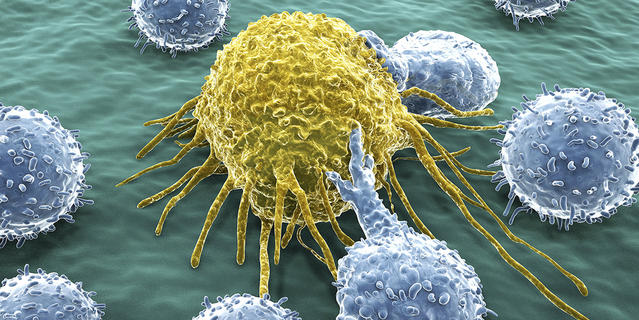 |
|
|
|
|
Cancer: the Immunotherapy Revolution
|
|
03.28.2019 |
|
Medicine
Introduced in the past ten years, immunotherapy is starting to revolutionise the treatment of cancer. Scientists no longer settle for making the immune system destroy a tumour, but indeed strive to remove all the obstacles to its functioning.
|
|
Read the article
|
|
|
|
|
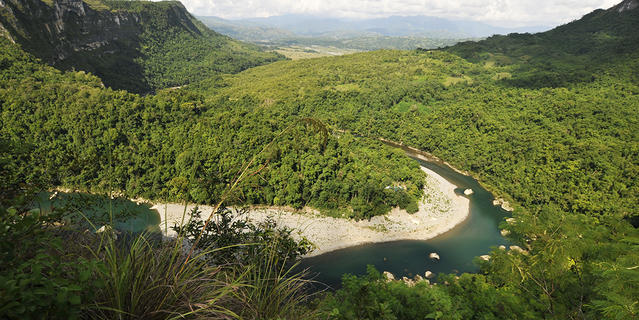 |
|
|
|
|
A New Human Species Discovered in the Philippines
|
|
04.11.2019 |
|
Anthropology
It is in the Callao cave on the island of Luzon in the north of the Philippines that a new species of early human has been discovered by an international team: Homo luzonensis. It was identified from 50 to 67,000 year-old fossils. We interviewed palaeoanthropologist Clément Zanolli, who contributed to this major discovery.
|
|
Read the article
|
|
|
|
|
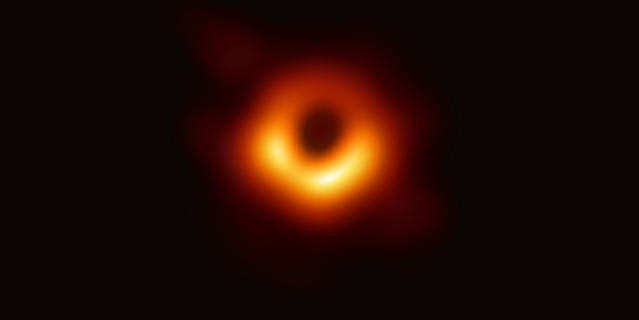 |
|
|
|
|
This is the First-Ever Image of a Black Hole
|
|
04.10.2019 |
|
Astronomy
After tracking it for five nights, scientists have revealed to the world the image of a supermassive black hole in the heart of the M87 Galaxy. A picture obtained by the international collaboration Event Horizon Telescope. A historical moment.
|
|
Read the article
|
|
|
|
|
|
Also this month
|
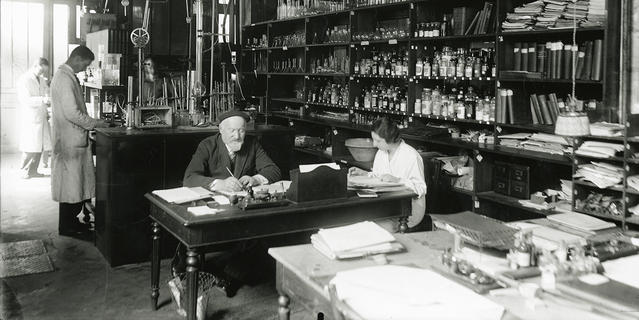 |
|
|
|
Scientists for the French Republic
|
|
04.26.2019 |
|
History The CNRS celebrates its 80th anniversary this year. Throughout 2019, our chronicler Denis Guthleben will be recounting its history. This first episode takes us back to the inception of our institution and its first 20 years of operation. |
|
Read the opinion
|
|
|
|
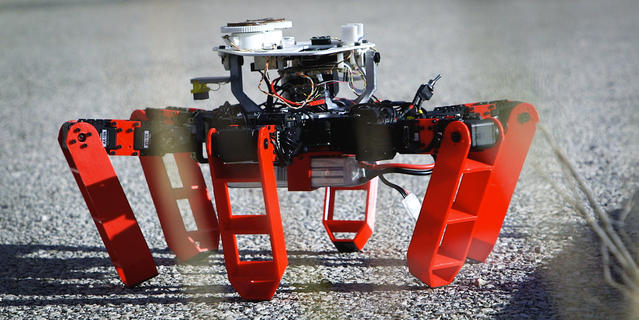 |
|
|
|
Ant-Inspired Robot Navigates on its Own
|
|
04.17.2019
|
|
Robotics Using Nature as a model for better robots? A team of bioroboticists in the South of France have created, for the first time, an autonomous six-legged robot able to—without using GPS—find its way back to its nest using navigation skills inspired by Cataglyphis, the desert ant. |
|
Watch the video
|
|
|
|
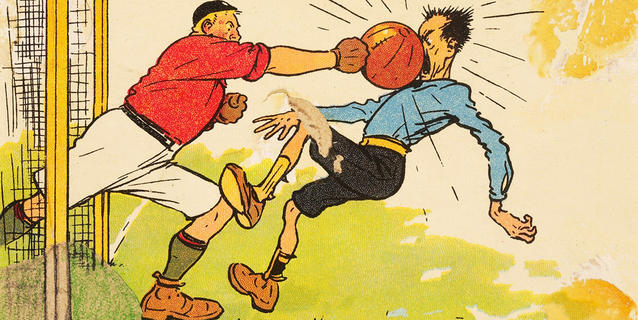 |
|
|
|
What We Know about Pain
|
|
04.23.2019 |
|
Biology Knocking or injuring yourself is not intrinsically painful; it is how our brain interprets such an event that is. We now know more about the circuits involved in pain, and also about its emotional component, which is crucial to understanding this phenomenon. |
|
Read the article
|
|
|
|
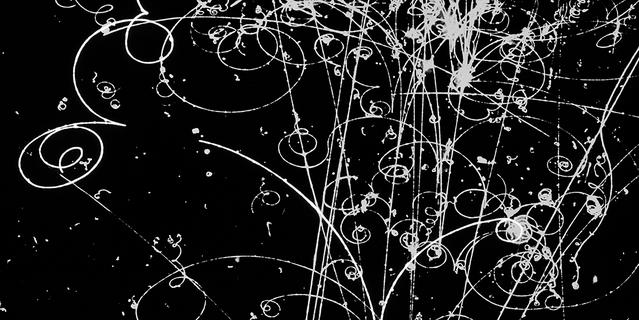 |
|
|
|
The Enigma of Antimatter
|
|
04.26.2019 |
|
Physics The relation between matter and antimatter has puzzled scientists and sparked experiments on a gigantic scale. The physicist Marie-Hélène Schune explains.
|
|
Read the article
|
|
|
|
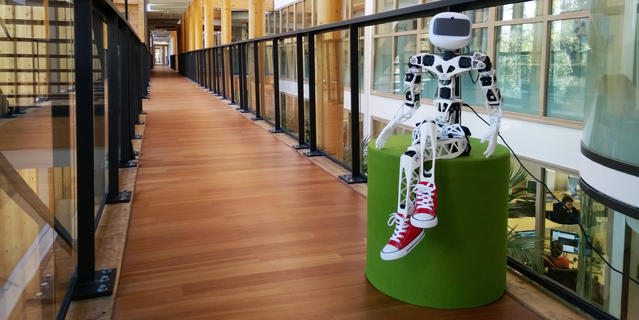 |
|
|
|
Robots, those Misunderstood Machines
|
|
04.26.2019 |
|
Robotics What are robots? What can they do today? Will they be able to decide for themselves tomorrow? Jean-Paul Laumond, co-curator of the new permanent exhibition “Robots” at the Cité des Sciences et de l’Industrie in Paris, answers our questions about these “human-like” machines.
|
|
Read the article
|
|
|
|
 |
|
|
|
A Common Treatment for Addiction and PTSD
|
|
04.04.2019 |
|
Neuroscience The factor that unites both of these pathologies: memory. The recently-demonstrated ability to modify reactivated memories paves the way for potential new treatments. Pascale Gisquet-Verrier and Claire Le Dorze present this new therapeutic approach.
|
|
Read the opinion
|
|
|
|
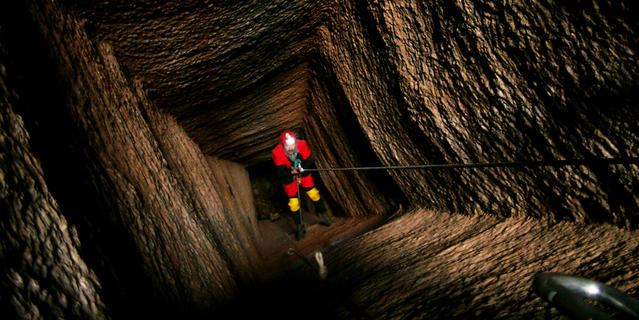 |
|
|
|
Research to the Extreme
|
|
04.09.2019 |
|
Mission From the jungles of the Amazon to the peaks of the Himalayas, the depths of oceans to those of underground wells, scientists are sometimes severely put to the test in collecting data, setting up measuring instruments, or conducting experiments. An overview of these researchers of the extreme, on... |
|
Access the slideshow
|
|
|
|
|
|